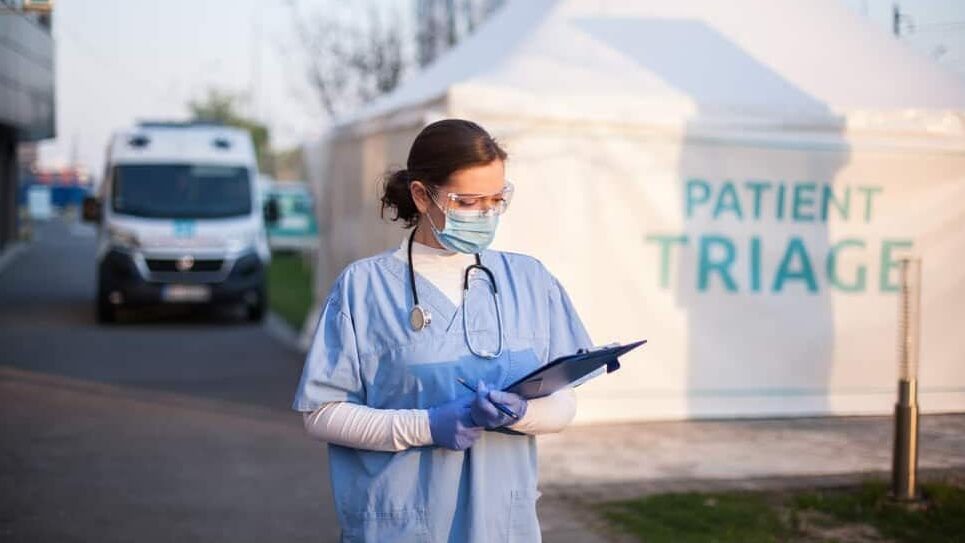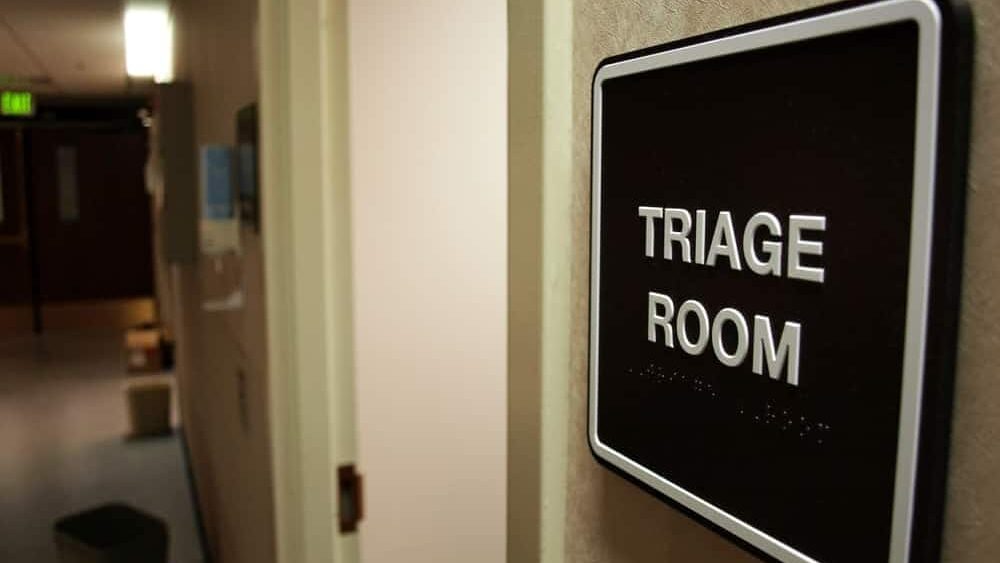Understanding Medical Triage And How Triage Packs Help

Whether it be a crowd surge, a natural disaster, an industrial accident, or just about any other mass medical emergency, a triage team is at the front and centre of ongoing patient care. If you’re asking “what is medical triage?”, it is, quite simply, the sorting of casualties in an emergency based on the severity of their injuries and their need for immediate medical attention.
Triage is all about prioritising care in a chaotic situation, and is a crucial first step in minimising casualties and maximising survival rates. It’s often performed by emergency medical technicians (EMTs) but is also common in other situations such as on the battlefield during times of conflict.
Where Does The Word “Triage” Come From?
Triage (pronounced “tree-aazh”), takes its name from the French word trier, which means to sort or select. Historically, it was first introduced during the times of Napoleon, when triaging large groups of wounded soldiers was necessary. As time has gone on, the concept of triage has changed into a well-defined priority process.

How Medical Triage Operates
Multiple triage systems are employed based on the scale and context of the emergency. The Australasian Triage Scale (ATS), for instance, is widely used and categorises patients into five urgency levels.
Red (Immediate Resuscitation)
At this level of urgency, the individual needs immediate attention for a critical, life-threatening injury or illness. They may be transported first for medical help.
Orange (Emergency)
This emergency level of care requires urgent attention within minutes, and should be re-evaluated every 10 minutes. At this level, some individuals may be prioritised over immediate resuscitation patients due to a higher level of survival.
Yellow (Urgent)
At this level, the patient requires care within the hour. They require medical treatment, but transport can be delayed.
Green (Non-Urgent)
Non-urgent individuals can wait several hours for treatment. They may be walking and wounded, but advanced care can be delayed.
Black (Deceased)
In this situation, no intervention is possible.
Effective triage plays an important role in emergency situations, ensuring that those with critical injuries receive immediate care, while others with less severe injuries, though uncomfortable, can wait for treatment without a risk to their life.
How Fast Triage Kits Can Help In Emergencies
When we answer the question “what is medical triage?”, we cannot forget to mention the importance of smart triage kits. These kits contain the essential equipment and supplies needed for rapid assessment and initial stabilisation of patients. Triage kits are fitted with the space for medical equipment such as trauma dressings, airways and chest seals and more, without the need to take a complete trauma bag into the scene. This allows the delivery of rapid, life-saving interventions at point of injury.
The benefits of pre-packed triage kits are undeniable.
- Standardisation. Every triage and emergency management kit ensures a consistent level of care, eliminating the uncertainty of scrambling for supplies in a crisis
- Organisation. Time is precious in emergencies. Triage kits keep vital equipment neatly organised and readily accessible
- Portability. Compact and lightweight, these kits can be easily transported to the scene of any incident, no matter how remote
- Confidence. Equipping responders with the right tools builds confidence and allows them to focus on their critical tasks.
How Midmed Helps
By understanding the importance and role of medical triage and equipping responders with the right tools – such as prepackaged medical kits – you can provide a suitable, coordinated response, minimising casualties and bringing order to challenging situations.
Midmed, a leading provider of medical equipment in Australia, understands the importance of effective triage, which is why we offer a comprehensive range of pre-packed kits, including triage tags and tape. From basic first-aid kits to advanced trauma packs, our kits cater to diverse needs and scenarios, ensuring healthcare professionals are always prepared to handle any crisis.


